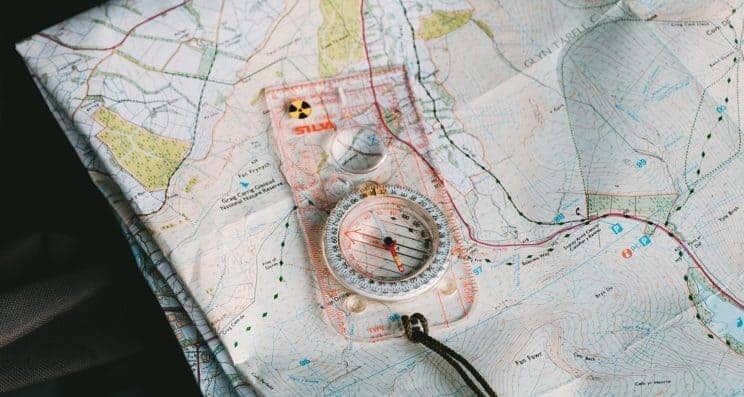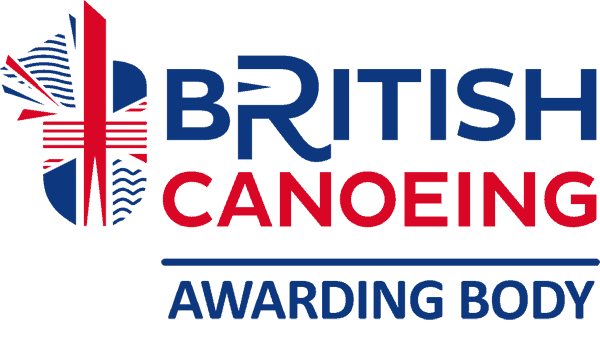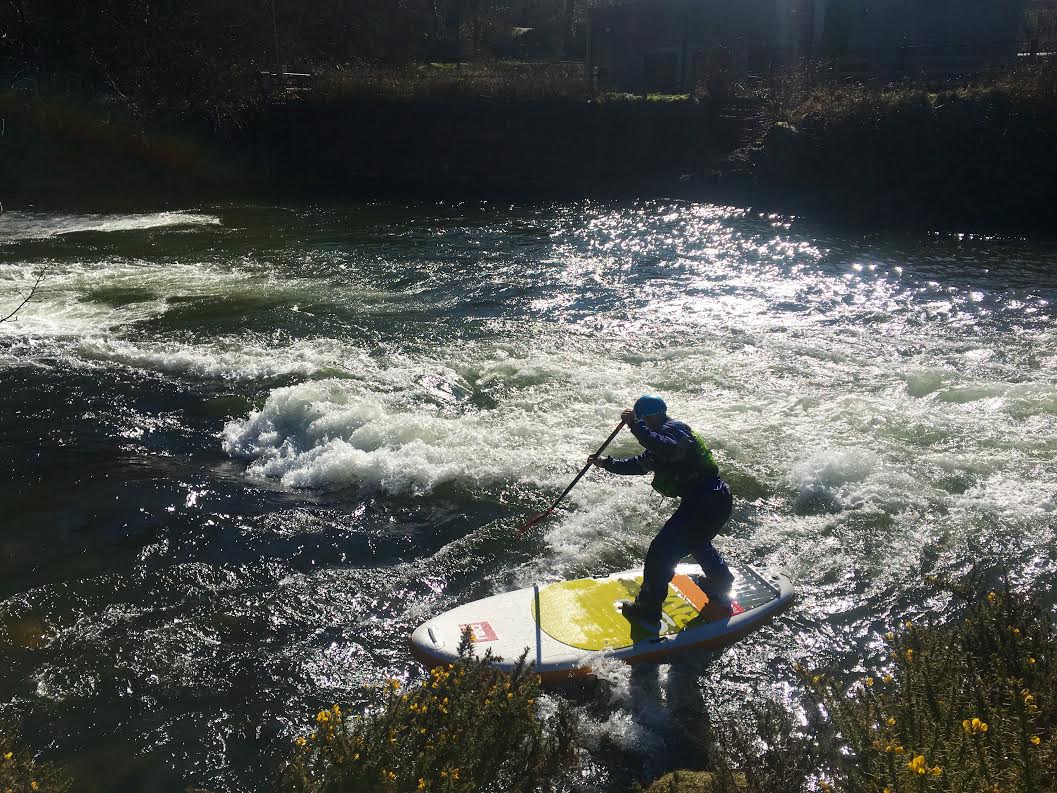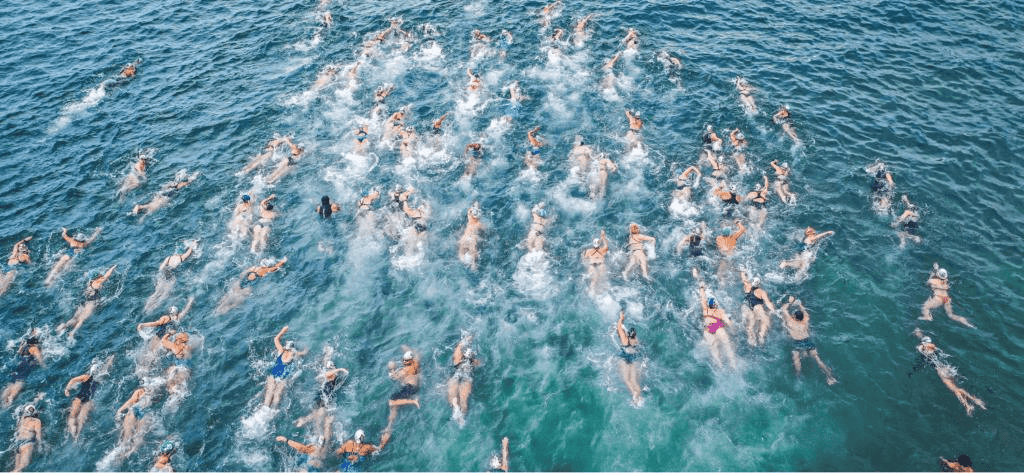
The British Canoeing Awarding Body Coastal Navigation and Tidal Planning Training is designed for those paddlers carrying out coastal journeys including islands up to 2 nautical miles offshore in areas of tidal movement up to 2 knots and is a prerequisite for those seeking their Paddle UK Sea Kayak Leader Award. However, anyone wishing to undertake journeys on the sea using a kayak would find the technical and theoretical aspects not only useful, but essential for safe travel in the marine environment! This course is designed to complement the areas covered in the Paddle UK Sea Kayak Leader Training.
Coastal Navigation and Tidal Planning Overview
Minimum age
n/a
Duration
8-hour – classroom based
Finding a Coastal Navigation and Tidal Planning Course
To find a course in your area, contact your Delivery Centre by clicking the relevant logo at the bottom of this page
Course Documents
To view the associated documents with this course, click here.
It gives candidates the skills to be able to plan and navigate safely in moderate water environments through the use of practical planning.
Learning Outcomes
The aim of this course is to give the student the tools to enable them to plan and navigate effectively on coastal journeys in moderate sea conditions. This will include the following aspects:
To interpret sources of information including maps, charts, coastal pilots and tide tables
To navigate on the water using visual references and simple pilotage techniques, e.g. transits and dead reckoning
Effective use of a compass
To be able to source, interpret and apply weather information to the coastal environment
By the end of the course each student should have planned at least 2 coastal journeys that they can take home as references for further trip planning
To be aware of the range of resources required to plan trips in the coastal environment
Students should be made aware of the role of the Coastguard and the value of liaising with them
By the end of the course, each candidate should have planned at least 2 open crossings that they can take home as references for further trip planning.
Candidates should also be aware of the range of resources they require to plan trips in any sea area.
For more information on the content covered, please read the Syllabus.
Certification
Attendance certificates are issued to successful candidates by their Delivery Centre following a recommendation from the course provider.



